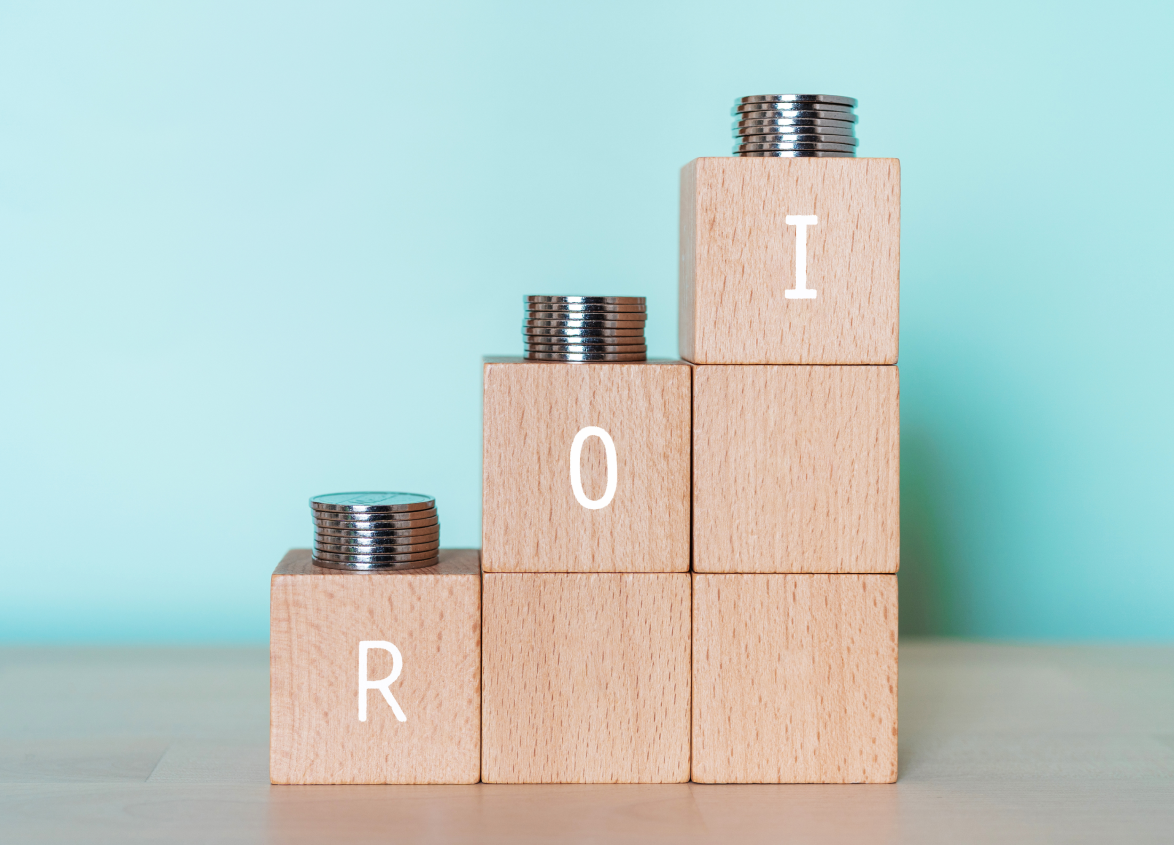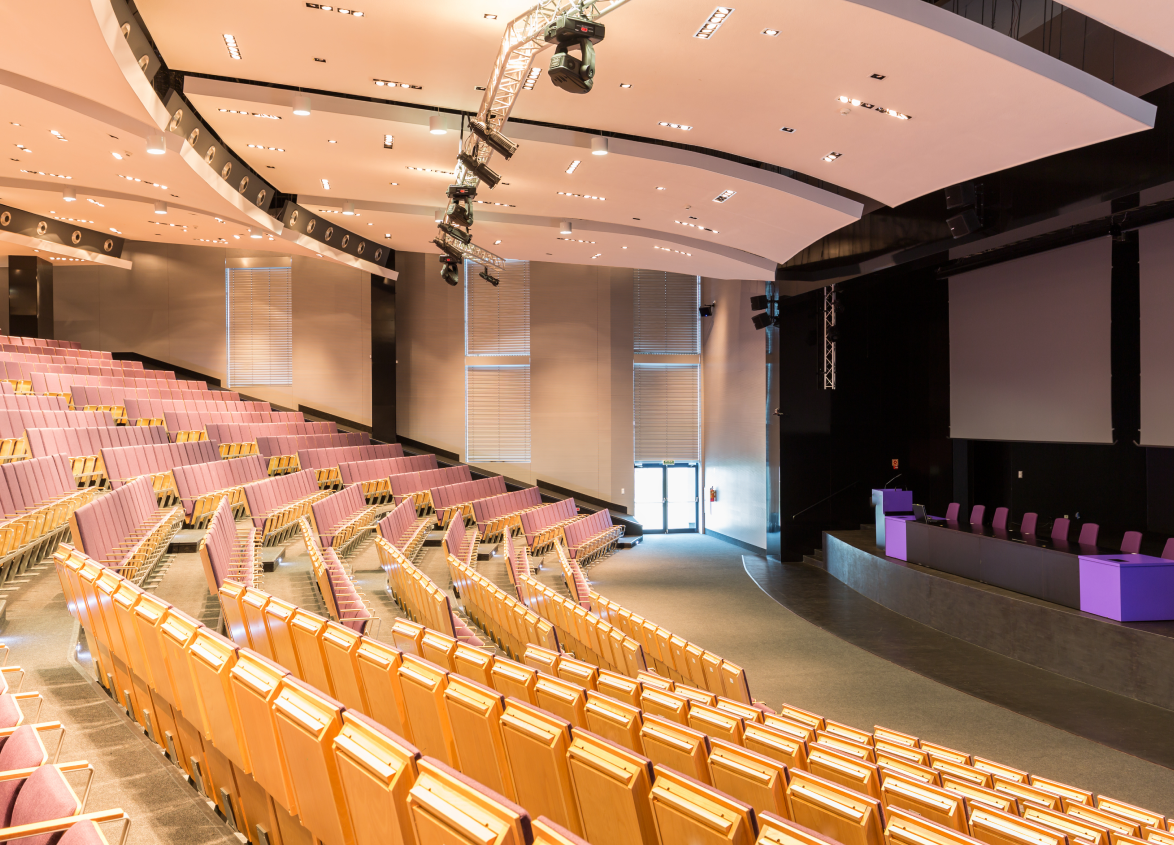
Foundation
Sustainable Education: Transforming Futures Through Learning
October 09, 2024
Society needs to focus on sustainable and eco-innovation more than ever in today’s changing environmental climate. Plenty of innovative initiatives and social movements are already pushing environmentalism to the forefront of the world. But we have an even greater responsibility than that—teaching students how to live sustainably.
The necessity of sustainable education burdens current teachers. The urgency of environmental accountability must be instilled in future global citizens who can fend for themselves and have a sense of ecology. This education covers all school subjects and goes beyond the limits of teaching.
Sustainable development is all about protecting the interests of future generations and also the capacity of the earth to rejuvenate itself. It is essential for humans to interact with the environment to have sufficient access to resources.
Teachers and educators should work toward transformative education, ensuring everyone acquires the competencies, knowledge and attitudes required when responding to urgent crises and working toward a sustainable future.
What is sustainable education?
With sustainable education, learners are able to understand how human actions affect the environment and the need to work towards a better future. This educational approach emphasises the relationship between humans and the environment. Students acquire the necessary knowledge and skills so they can contribute to solving these problems to protect the environment for the future.
Such an approach requires them to focus on meeting the needs of people in communities now and in the future, promoting social connections, well-being, inclusion and equal opportunities for everyone. A combination of subjects like environmental science, ecology, economics and social justice is required in this type of education. It encourages problem-solving, critical thinking and practical thinking. It also helps students become more responsible towards taking care of the environment.
The Core Principles of Sustainable Education
Sustainability is all about teaching and preparing the newer generation to handle social, environmental and economic challenges better in the long term. Some of the key principles of sustainable education:
Critical Thinking
More students are encouraged to think critically about environmental problems, look at the bigger picture, and devise creative and better solutions to resolve the complex issues related to sustainability.
Holistic Learning
Holistic learning shows students how everything is connected and how nature works in a cycle where you affect something and others in the cycle get affected, too. Such knowledge enables them to discern how social disparities, climatic changes, and economic progress affect one another.
Continuous Learning
Education is not only limited to the classroom, but it also continues even outside classrooms. Learners in such a dynamic atmosphere are encouraged to pursue knowledge throughout their lives, inquire about things, and get used to them.
Fairness and Inclusivity
Sustainable education ensures that special treatments are not given based on people's backgrounds and that everyone has equal access to learning. It promotes diversity and also works towards removing all barriers to education.
Learner-Focused and Collaborative
The interests and needs are centered around education. Learning will become more interactive when students are able to participate through group projects, discussions, and teamwork.
Environmental Care
The learners are taught the importance of protecting the environment. They start learning ways to use sustainable resources wisely and how to care for nature for future generations.
Social Responsibility
This particular principle helps students recognize their part in social structure. It encourages them to behave with responsibility, respect others around them, and strive for an improved world.
Why is Sustainable Education Important for Future Generations?
Teaches essential sustainable life skills.
Environmental studies allow students to explore career options focused on green industries or organisations that make policies. Environment programs like agricultural research labs teach them vital skills such as how to pick eco-friendly products, grow food and save resources. Students can also take project-based internships where they improve communication, build leadership, learn teamwork and think sustainably. Such experiences
An exclusive citizenship program was introduced.
The programme teaches children through their schooling their fundamental duties and responsibilities as citizens to improve the environment, their communities and societies.
Building environmental awareness.
Sustainability education is a powerful tool to build environmental awareness. They will learn in detail about climate change, biodiversity ecosystems and saving resources. It helps people understand how human actions are connected to the environment.
Promoting Responsible Production and Consumption.
Promoting responsible consumption and production patterns is one of the critical objectives when it comes to sustainability education.
The impact of the choices we make, as well as the actions we take, raises awareness among people to make sustainable decisions in their lives. Greener living is achieved through energy conservation, waste reduction, and promotion of businesses that embrace environmental conservation. It is necessary for people to know what choices and behaviors can lead them to a sustainable destination. This enables them to live more eco-friendly lives through energy conservation, waste minimization, and promotion of environmentally friendly business operations.
Promoting Social Equity and Justice.
Social education also involves various social aspects like diversity, fairness, and social justice. It showcases how economic, social, and environmental issues are connected. As a result, it urges people to think about how their actions will affect vulnerable groups and future generations.
According to what you learned, improving equity and inclusiveness is desired in building a just and sustainable society. It is well known that there is a close interrelation between social justice and environmental issues. The greatest burden of environmental problems has continued to be heaviest on those who have low incomes, disabilities, or belong to a minority group.
They do not have access to clean water, live in polluted areas, and face harmful conditions, which lead to several health issues like cancer, asthma, and heart disease.
Develop Critical and Problem-Solving Skills.
More than imparting knowledge, sustainability education also enhances critical thinking and problem-solving skills, which are deeply valued by employers. Students get involved in real-world sustainability issues, which helps them to analyze problems, find creative solutions, and make smart decisions. Acquiring these skills is crucial to tackling social, environmental, and economic challenges.
How Can We Implement Sustainable Education?
Start Early
Education on sustainability should start at a young age. Children who are taught from a young age are generally more curious about the world around them and more likely to adopt sustainable practices.
Make Sure You Involve Their Parents
A critical aspect of children’s education is parental involvement. As such, when you incorporate sustainability education with parents in mind, then kids will be taught about sustainability at both the home and school levels.
Make It Fun
Students are eager to learn when they are having fun. There are various ways to make sustainability education more fun, such as activities, games, and field trips.
Promote a Sustainable Culture
Schools can adopt sustainable practices like recycling, composting, and using energy-efficient appliances to promote sustainability.
Incorporate a Professional Development Component
The right knowledge on sustainability theory and practice is necessary for educators. Teachers have various opportunities to become knowledgeable about sustainability and its integration into their teaching.
Make Use of Technology
With the use of technology, teaching sustainability can be very exciting and engaging. Students may look at environmental data through visualization tools or navigate through various ecosystems using virtual reality.
Life-long Education
Classroom learning cannot encompass all education. In this vibrantly changing world, people are motivated to go on searching for more knowledge, engaging in dialogues with themselves, and learning to fit or adjust to it.
Using Experiential Education
This implies an active mode of teaching that enables learners to apply their previous knowledge in practical situations. For example, there are many instances when it has been observed that student volunteers take part in community-based projects where they learn about matters related to sustainability and how to address them.
Conclusion
The current global environmental crisis has a negative impact on children. It is crucial for us to educate and empower the future generation to design and implement solutions and collaborate with others to solve environmental issues. Sustainable thinking will lead them to think more critically about their choices. With the world changing, we also require changing our approach. We can give them a better future by shaping their present today. By promoting responsible behaviours, building environmental awareness, nurturing critical thinking skills and fostering social equality, individuals are equipped with the right tools to address pressing issues on sustainability.
MUST READ
Looking for something specific?
We'd be delighted to help you.





















































































































































































































































































































































































































